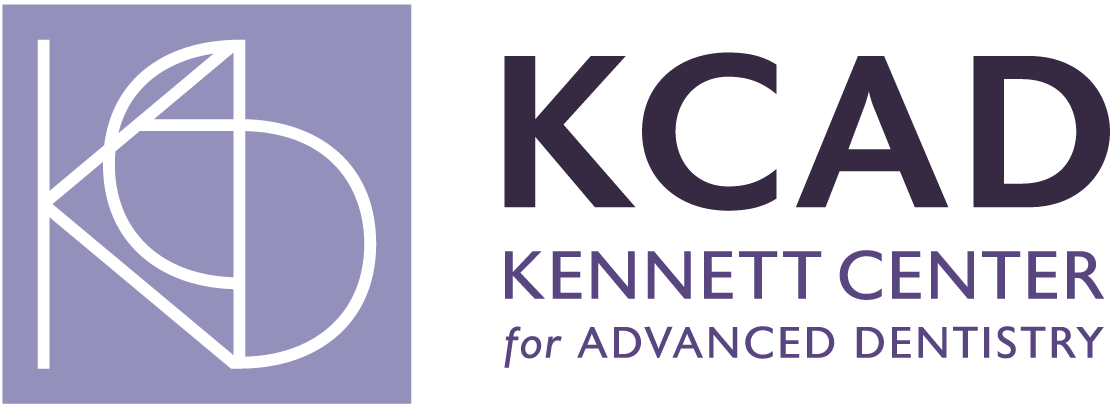Dental Implants vs. Other Tooth Replacements
Know Your Tooth Replacement Options
When it comes to replacing missing teeth, there are multiple options available to patients. The most common options include dental implants, dentures, and dental bridges. Each treatment has its pros and cons, and the best choice will depend on the patient’s needs, goals, and circumstances.
Our Kennett Square dentist offers various tooth replacement options. Contact Kennett Center for Advanced Dentistry today by calling 610-444-6311 to learn more about your tooth replacement options.

Alternatives for Dental Implants
Dentures
Dentures are a traditional option for replacing missing teeth. They consist of a set of artificial teeth mounted on a removable acrylic base that fits over the gums. Dentures are a good option for patients missing most or all of their teeth, as they can replace an entire arch. They’re also relatively inexpensive and made quickly.
However, dentures can be uncomfortable and may not fit well, causing irritation and soreness. They can also slip and move around in the mouth, making it difficult to eat and speak.
Depending on the patient’s needs, there are multiple denture options available, including:
- Full dentures
- Partial dentures
- Implant-supported dentures
Dental Bridges
A dental bridge is a tooth replacement anchored in place by the teeth on either side of the gap. A bridge is typically made of porcelain or ceramic and is custom-made to fit the patient’s mouth. They’re good options for patients who are missing one or a few teeth and have healthy teeth on either side of the gap. Dental bridges are less expensive than dental implants, but they do require healthy teeth to be altered to support the bridge.
Is Doing Nothing an Option?
Doing nothing is technically an option when it comes to missing teeth, but it’s generally not recommended for several reasons:
- Missing teeth can cause several problems for the remaining teeth and the jawbone. When a tooth is missing, the surrounding teeth can shift to fill the gap, leading to misalignment and bite problems. Additionally, the jawbone can shrink and deteriorate if it’s not supporting a tooth, causing the face to appear sunken and aged.
- Lost teeth can make it difficult to chew and speak properly. This can lead to trouble eating certain foods and speaking clearly, affecting the quality of life.
- Missing teeth can harm self-esteem and social interactions. People may feel self-conscious about their appearance and avoid smiling or speaking in public.
In light of these issues, it’s recommended to consider tooth replacement options such as dental implants to restore function, aesthetics, and improve overall oral health.
Scheduling a consultation with our Kennett Square dental professionals will help you understand which option is best for your specific needs and circumstances.
Frequently Asked Questions
Are removable dentures as stable as implants?
No, removable dentures rest on the gum ridge, so they tend to become loose and shift around, especially on the lower jaw. Implants are anchored into the jawbone.
How does denture adhesive work?
Denture adhesives help removable full or partial dentures stay in place by creating a seal and mild adhesive bond between the denture base and gums.
Are implants always better than other options?
Dental implants are often the ideal option as they preserve bone, function like natural teeth, and are non-removable. But the cost and health requirements can make alternatives necessary for some patients.
How long do fixed bridges last?
With proper oral hygiene, fixed bridges can last five to 15 years on average before needing to be replaced.
Discover the Best Tooth Replacement for You
While dental implants are the gold standard for replacing teeth, we know they may not be right for everyone. Schedule a consultation with our Kennett Square dentist today by calling 610-444-6311 to discuss your tooth replacement options. Dr. Patellis looks forward to meeting new patients from the Kennett Square area, including Avondale, Willowdale, and Toughkenamon, PA.
